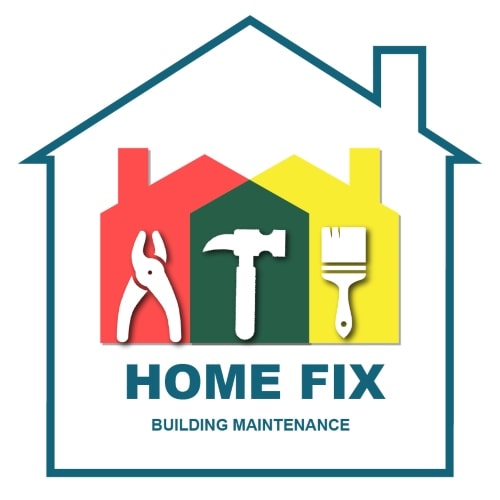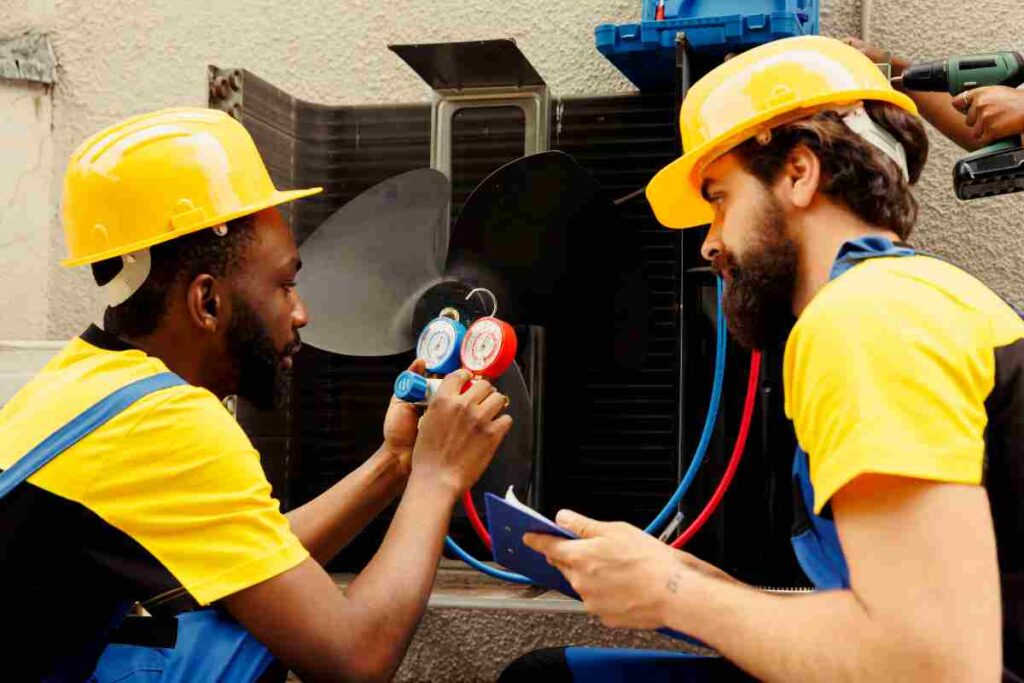Air conditioners are essential for comfort, especially during hot summer months. However, routine maintenance is crucial to keep your AC running efficiently. Ignoring regular maintenance can lead to higher energy bills, poor cooling performance, and costly repairs. When an AC unit is not maintained correctly, dust and debris accumulate inside, causing the system to work harder than necessary. This increased strain on the unit reduces its lifespan and impacts its ability to cool your home effectively. Regular maintenance helps keep your AC in optimal condition, providing better indoor comfort and saving you money in the long run.
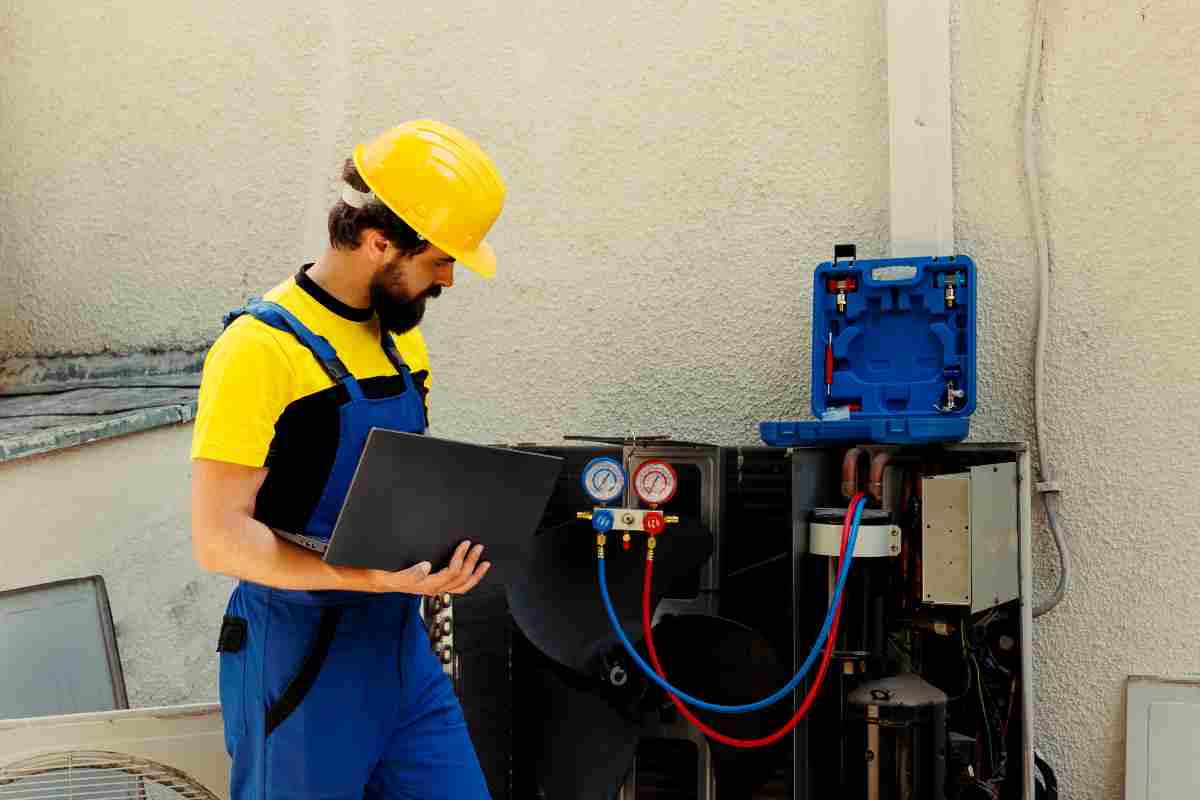
How Often Should You Maintain Your AC?
The secret to a long-lasting air conditioner is routine maintenance. Ideally, you should perform essential AC maintenance every month and schedule professional servicing at least once a year. Spring is the best time for a thorough AC check-up to ensure it’s ready for summer. If you use your AC frequently or live in an area with high humidity and dust levels, you may need to schedule maintenance more often. Checking your AC regularly helps identify minor concerns before they become serious ones, lowering the possibility of unexpected breakdowns during peak summer months. Concerns before they become serious, reducing the likelihood of unplanned malfunctions during the hottest summer months.
DIY AC Maintenance Checklist
While professional servicing is essential, you can take several steps to maintain your AC unit. A little effort goes a long way in maintaining its functionality and ensuring its long life.
1. Clean or Replace Air Filters
Dirty air filters restrict airflow, forcing your AC to work harder and consume more energy. Over time, this can lead to overheating and increased wear and tear on internal components. Depending on usage and indoor air quality, you should clean or change your filters every one to three months.Regular filter changes may be necessary to maintain optimal performance in homes with pets or high dust levels.
2. Inspect and Clean the Coils
Over time, dirt builds up on the condenser and evaporator coils, decreasing efficiency. If the coils are covered in dust, the AC unit must run longer cycles because they cannot absorb heat effectively. To clean them, use a soft brush or a coil cleaner—at least once a year. In addition to increasing cooling effectiveness, maintaining clean coils lowers total energy usage.
3. Check the Thermostat Settings
Make sure your thermostat is set to an energy-efficient temperature and operating correctly. To have more control over how much air conditioning you use, consider switching to a programmable thermostat. Smart thermostats maximize energy efficiency and minimize needless cooling when you’re not home by enabling you to set schedules and change temperatures remotely.
4. Clear the Condensate Drain
A clogged condensate drain might cause humidity problems and water leaks. Excessive moisture accumulation might also promote mold formation and mildew, affecting indoor air quality. Inspect the drain line regularly and clear any blockages using a wet/dry vacuum. Keeping the drain line clear prevents water damage and maintains a healthy indoor environment.
5. Inspect Electrical Components
Turn off the power before inspecting electrical connections. Look for worn-out wires, loose connections, and signs of overheating. If you notice burned or frayed wires, it’s best to call a professional technician to handle the repairs. Defective electrical parts may cause system failures or possibly present a fire risk.
6. Maintain the Outdoor Unit
Keep dirt, leaves, and other debris away from the outdoor condenser unit. Trim the plants surrounding the unit to guarantee adequate airflow. If airflow is obstructed, the AC will struggle to dissipate heat, reducing efficiency. Regularly cleaning the outdoor unit and keeping it clear of obstructions will help maintain optimal performance and prevent overheating.
7. Check for Unusual Noises
Strange noises like grinding, squealing, or rattling may indicate mechanical issues. These noises could indicate a loose belt, a failing motor, or other internal problems. An air conditioner that receives regular maintenance operates more effectively, using less electricity and lowering energy costs.
Benefits of Regular AC Maintenance
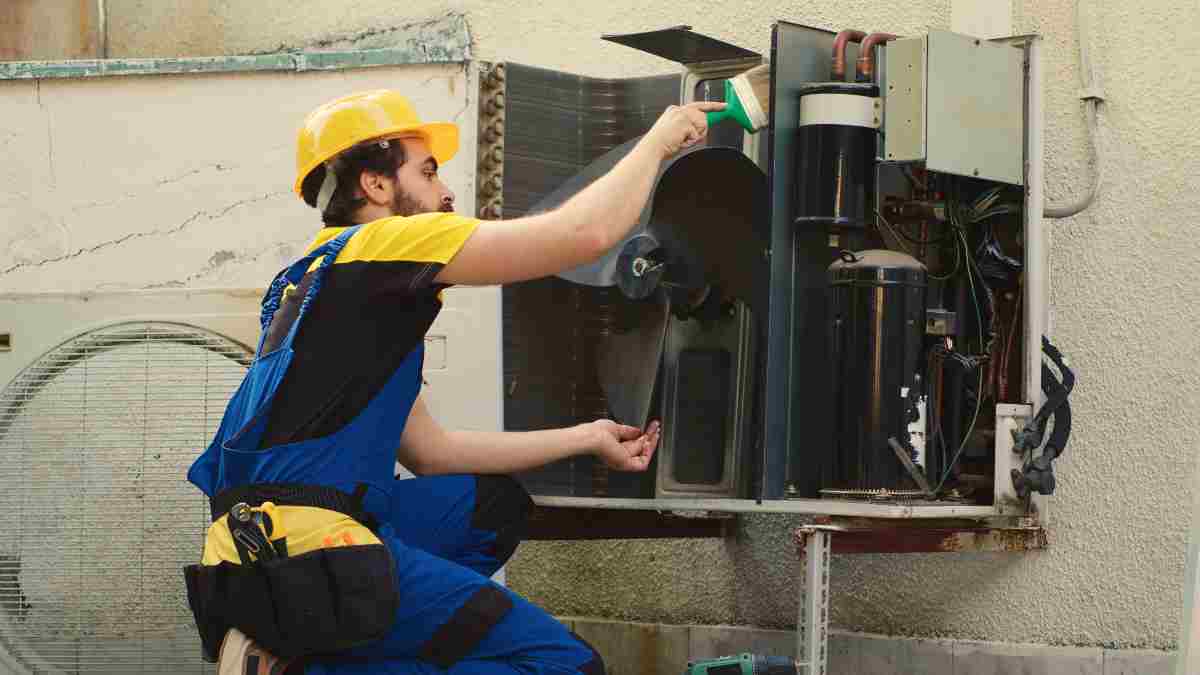
1. Improved Energy Efficiency
A well-maintained AC unit runs more efficiently, consuming less electricity and reducing energy bills. When the system is clean and functioning correctly, it doesn’t have to work as hard to cool your space, leading to lower operational costs.
2. Extended Lifespan
Regular upkeep extends the life of your air conditioner—conditioning system system by stopping premature wear and tear. An AC unit that receives proper care can last several years longer than a neglected one.
3. Better Indoor Air Quality
Clean filters and coils help improve indoor air quality by reducing dust, allergens, and pollutants. This is particularly important for people with respiratory conditions or allergies.
4. Fewer Breakdowns and Repairs
Routine inspections catch minor issues before they become costly repairs, reducing the chances of unexpected breakdowns. Preventive maintenance saves you money by preventing the need for emergency repairs.
5. Enhanced Comfort
A well-functioning AC provides consistent cooling and maintains comfortable indoor temperatures. You won’t have to deal with inconsistent cooling or hot spots in your home, ensuring a pleasant living environment.
Professional AC Maintenance Services
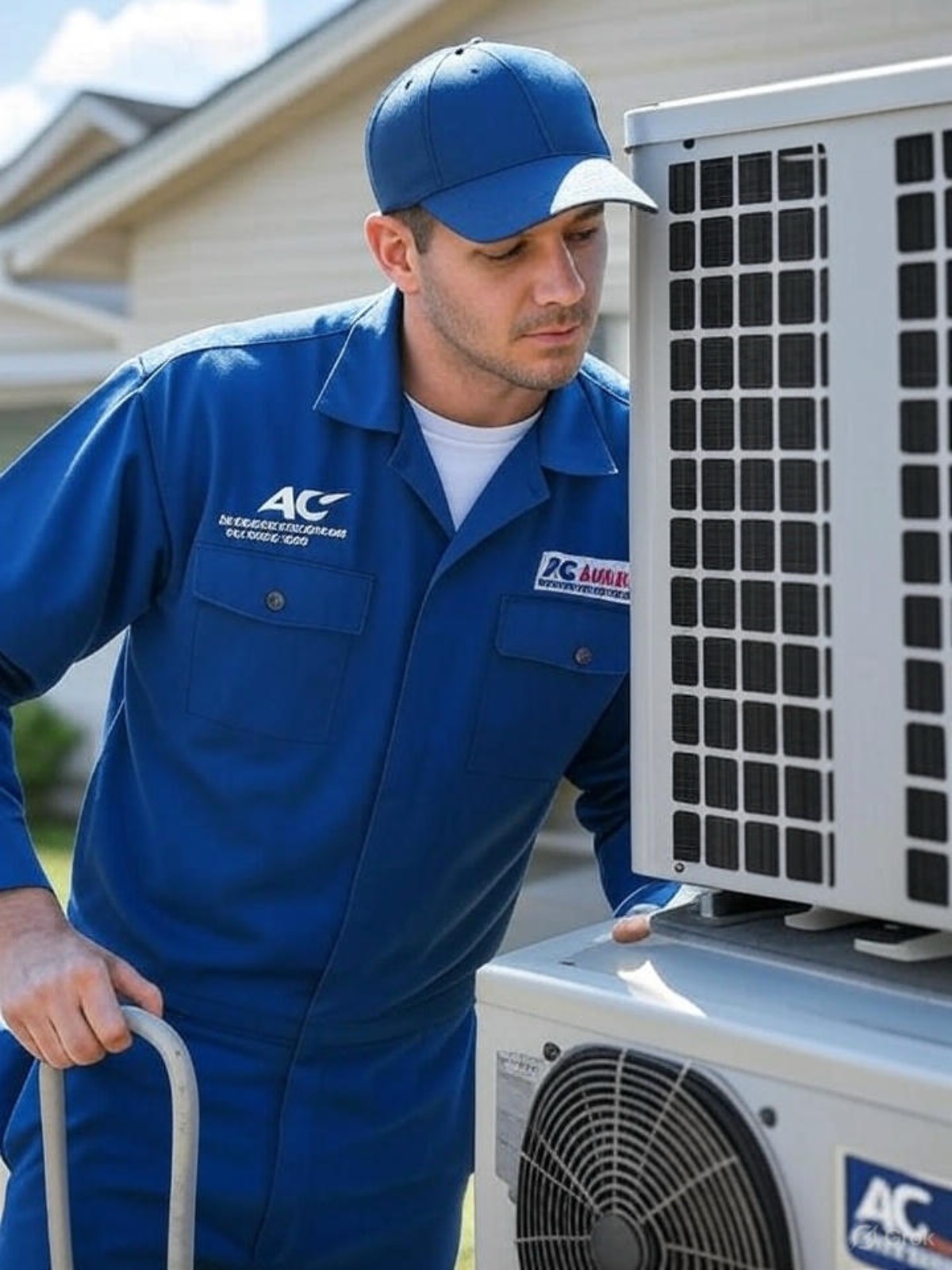
While DIY maintenance helps keep your AC in good shape, professional servicing is essential for a comprehensive inspection. A licensed HVAC technician can:
- Check refrigerant levels to provide optimal cooling performance
- Clean internal components that are difficult to access
- Test system efficiency and calibrate settings for maximum performance
- Identify and fix potential issues before they become considerable problems
Hiring a professional for annual maintenance ensures that your AC unit remains in peak condition and operates safely throughout the cooling season.
Conclusion
Maintaining your AC regularly is essential to keeping your air conditioner efficient and long-lasting. With less energy, you may enjoy a cozy house—costs by following a maintenance routine and scheduling professional check-ups. Take proactive measures to maintain your air conditioner breakdowns, extend its lifespan, and ensure you stay cool during the year’s hottest months. Start keeping your AC maintenance today and experience the benefits of a well-functioning cooling system!
FAQs
How often should I schedule AC maintenance?
It’s recommended to schedule AC maintenance at least once a year, ideally before the summer season. Regular servicing ensures optimal efficiency and extends the unit’s lifespan.
What are the benefits of regular AC maintenance?
Routine AC maintenance improves cooling performance, lowers energy bills, prevents unexpected breakdowns, and helps maintain clean, healthy air in your home.
Can I do any AC maintenance tasks myself?
Yes! You can clean or replace air filters, remove debris from outdoor units, and check for visible blockages. However, professional servicing is needed for deeper inspections and tune-ups.
